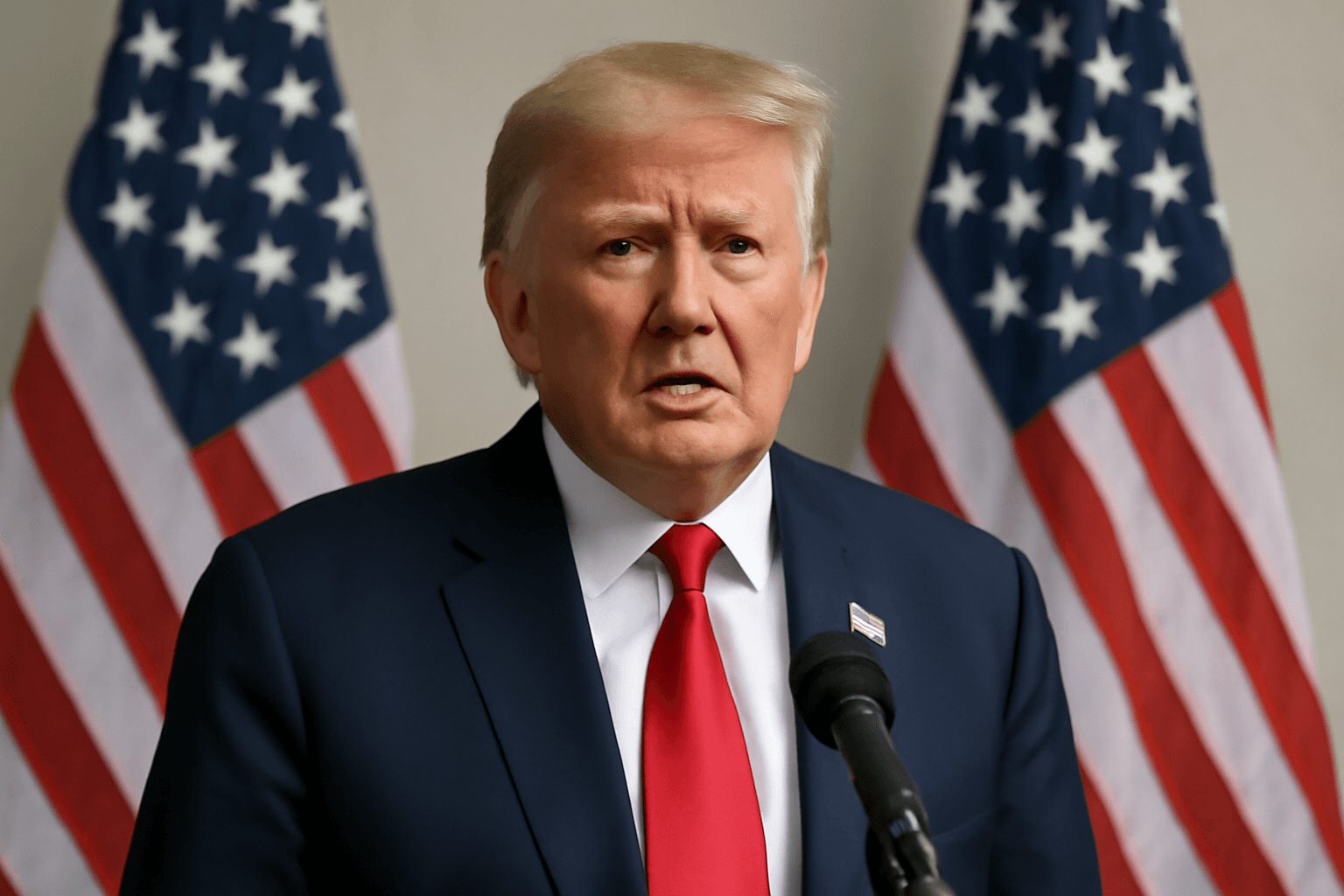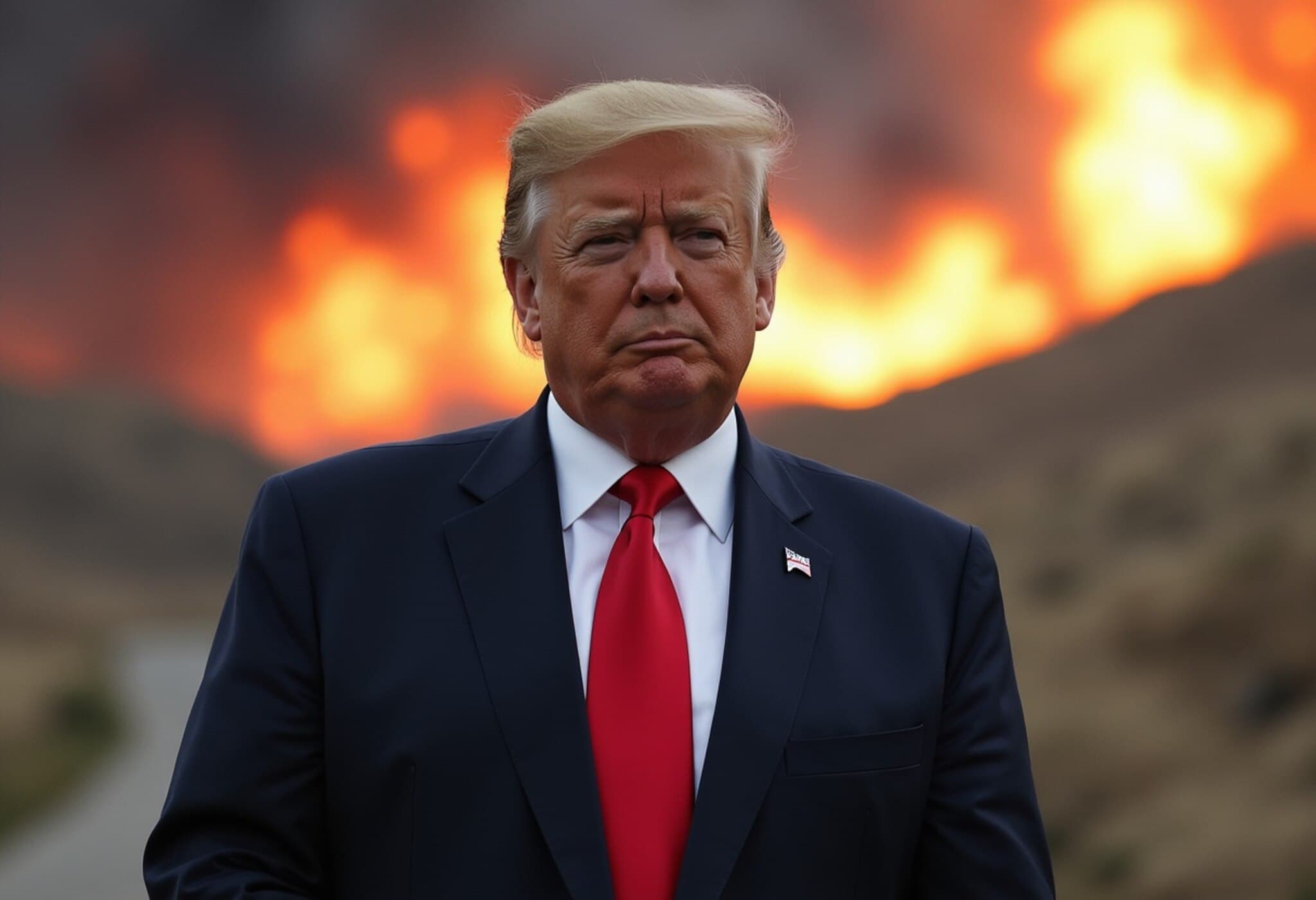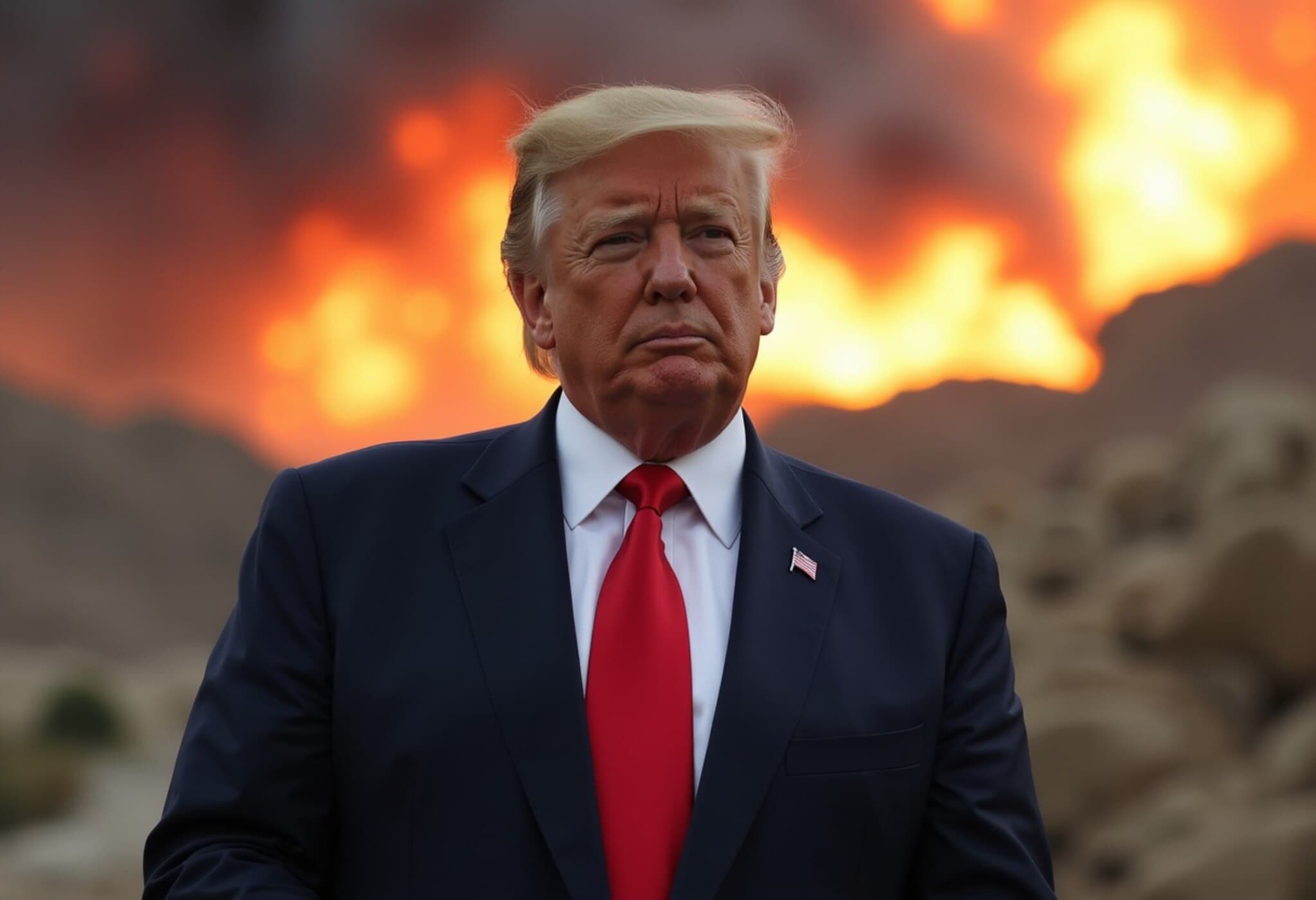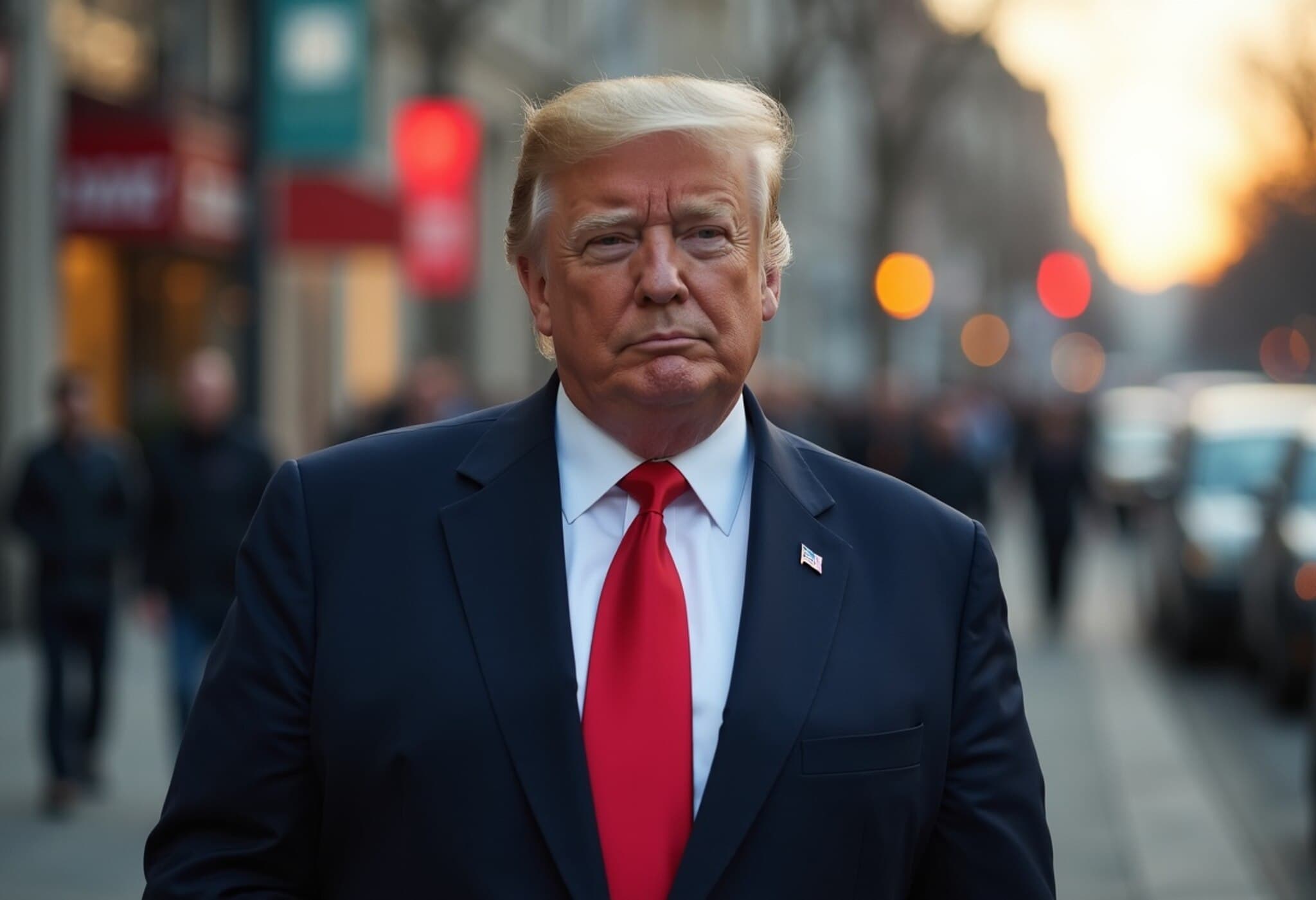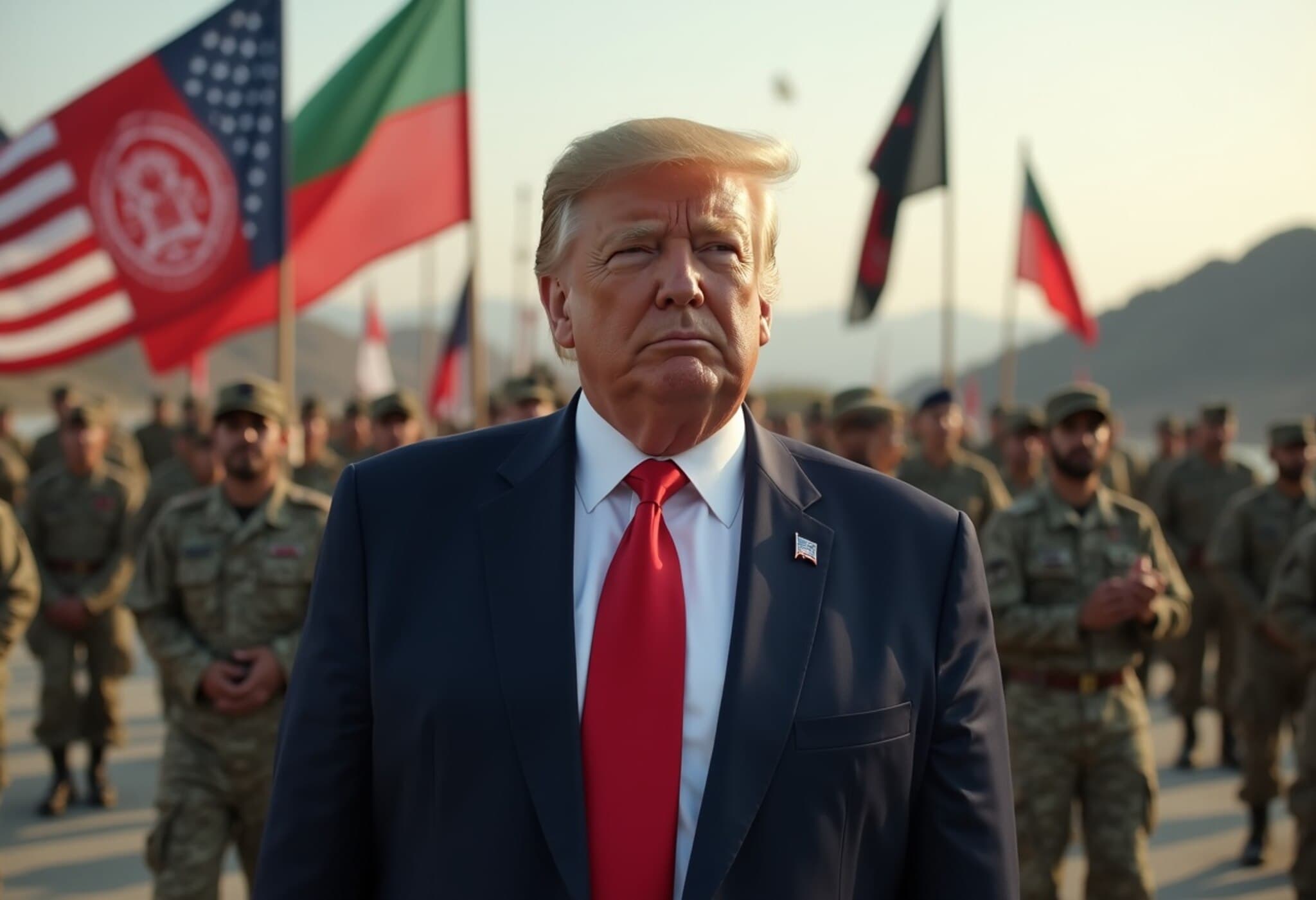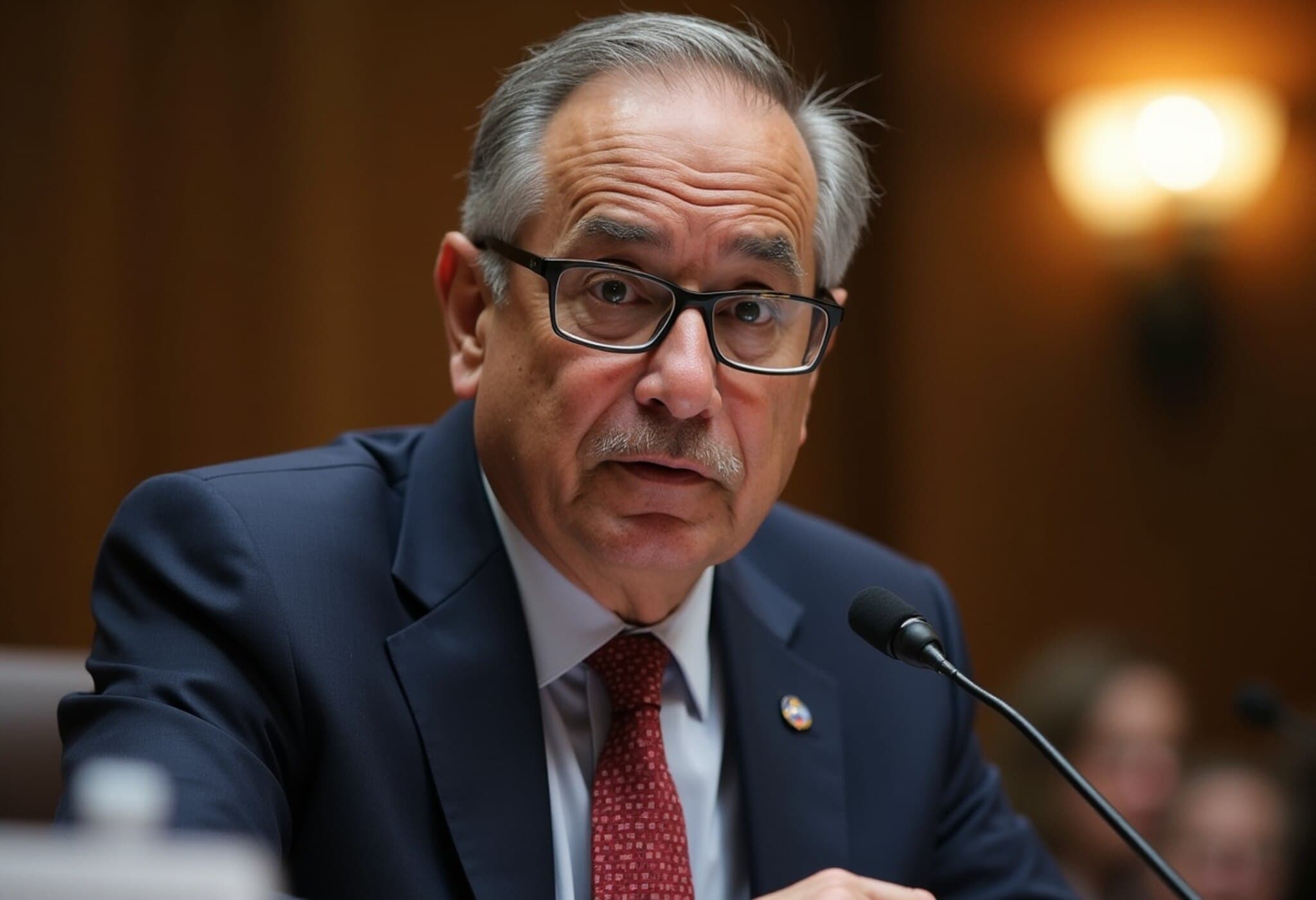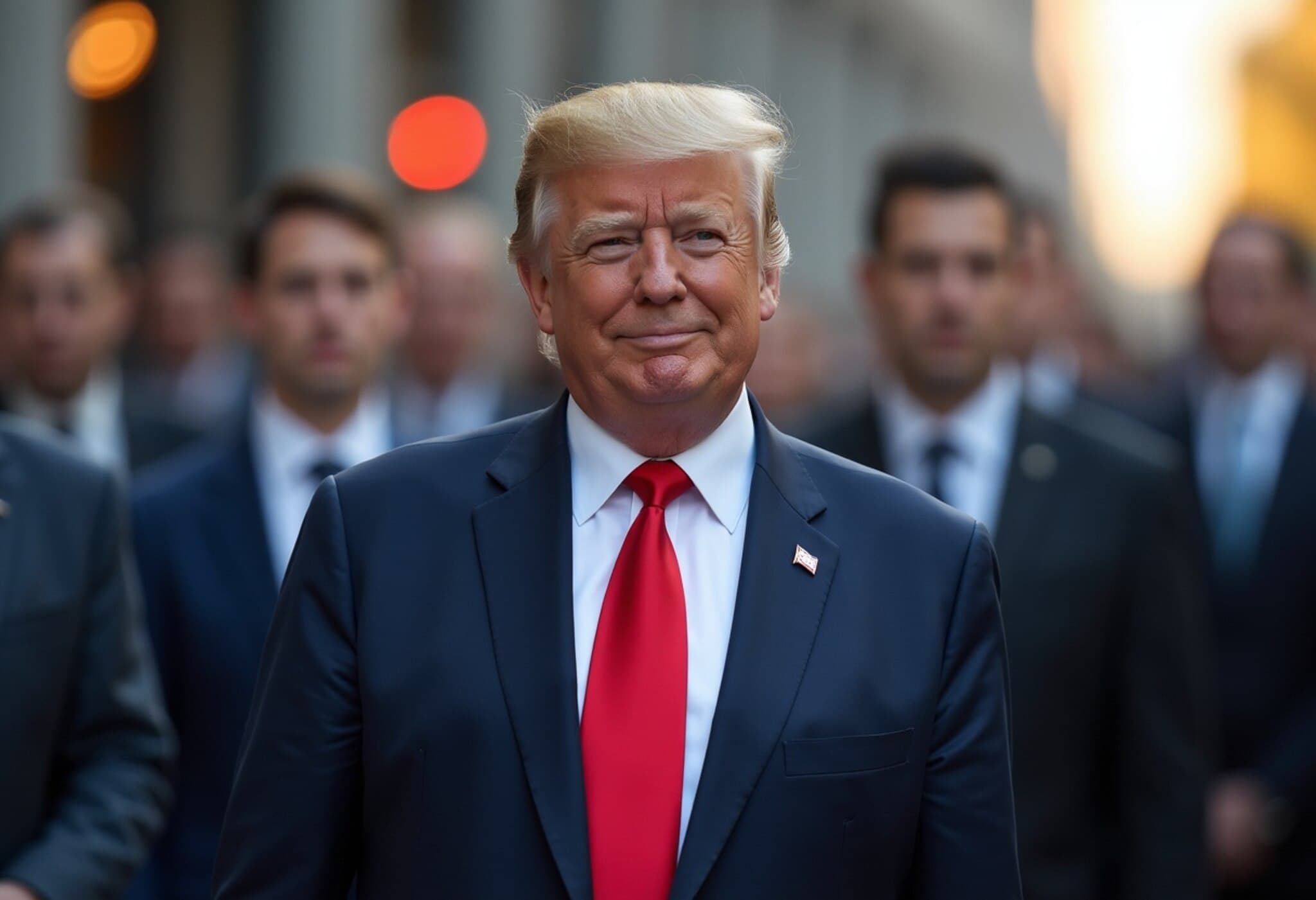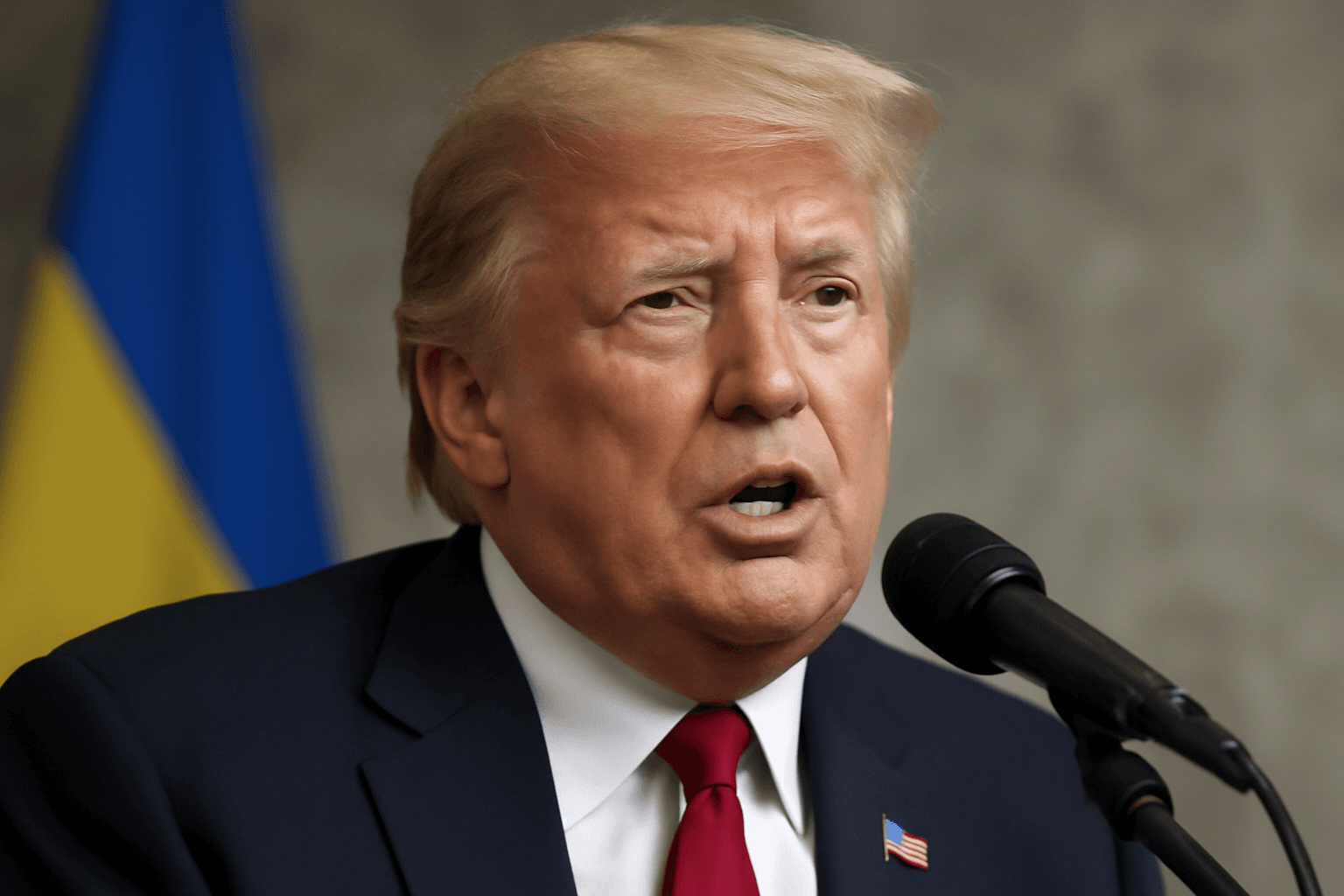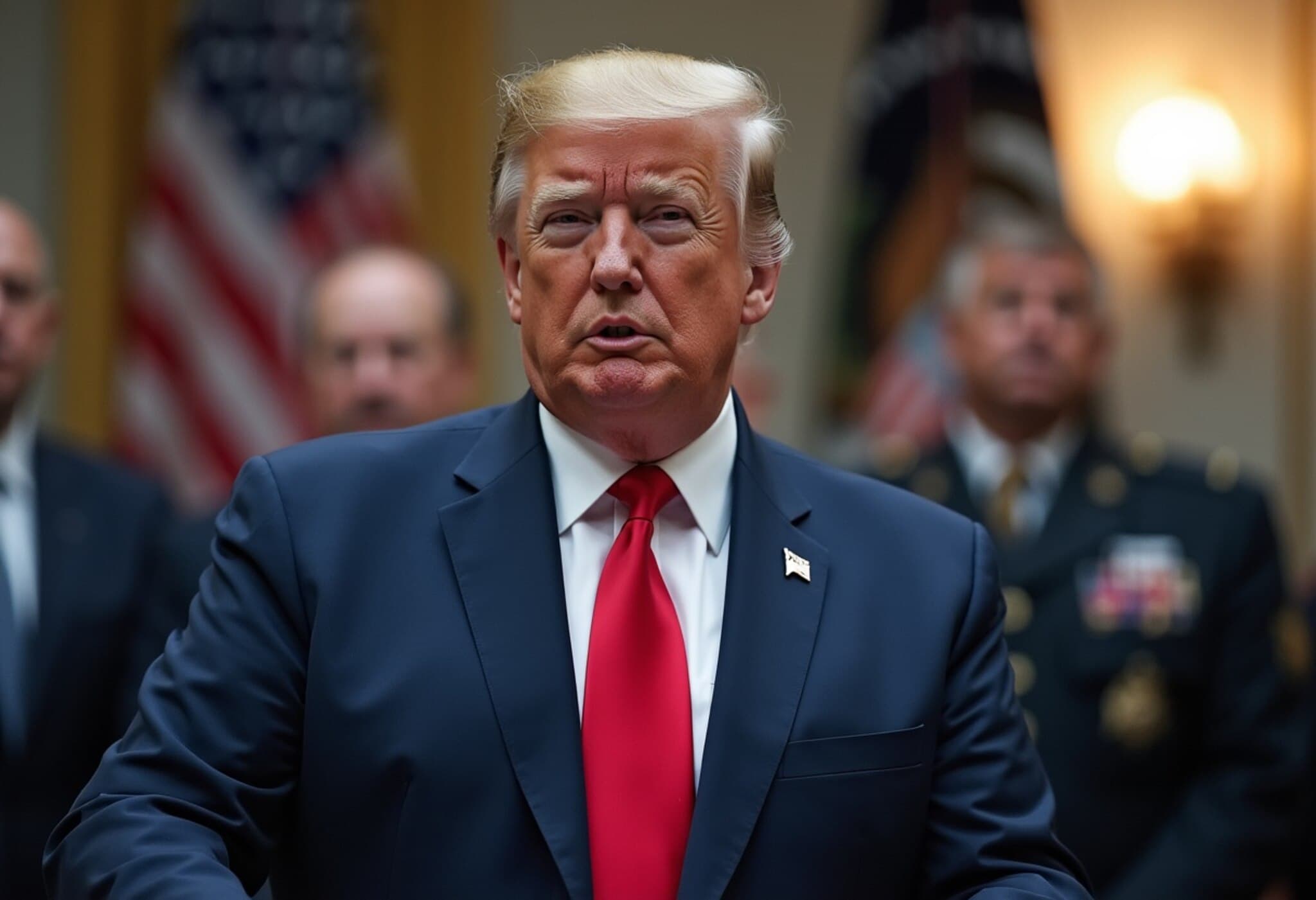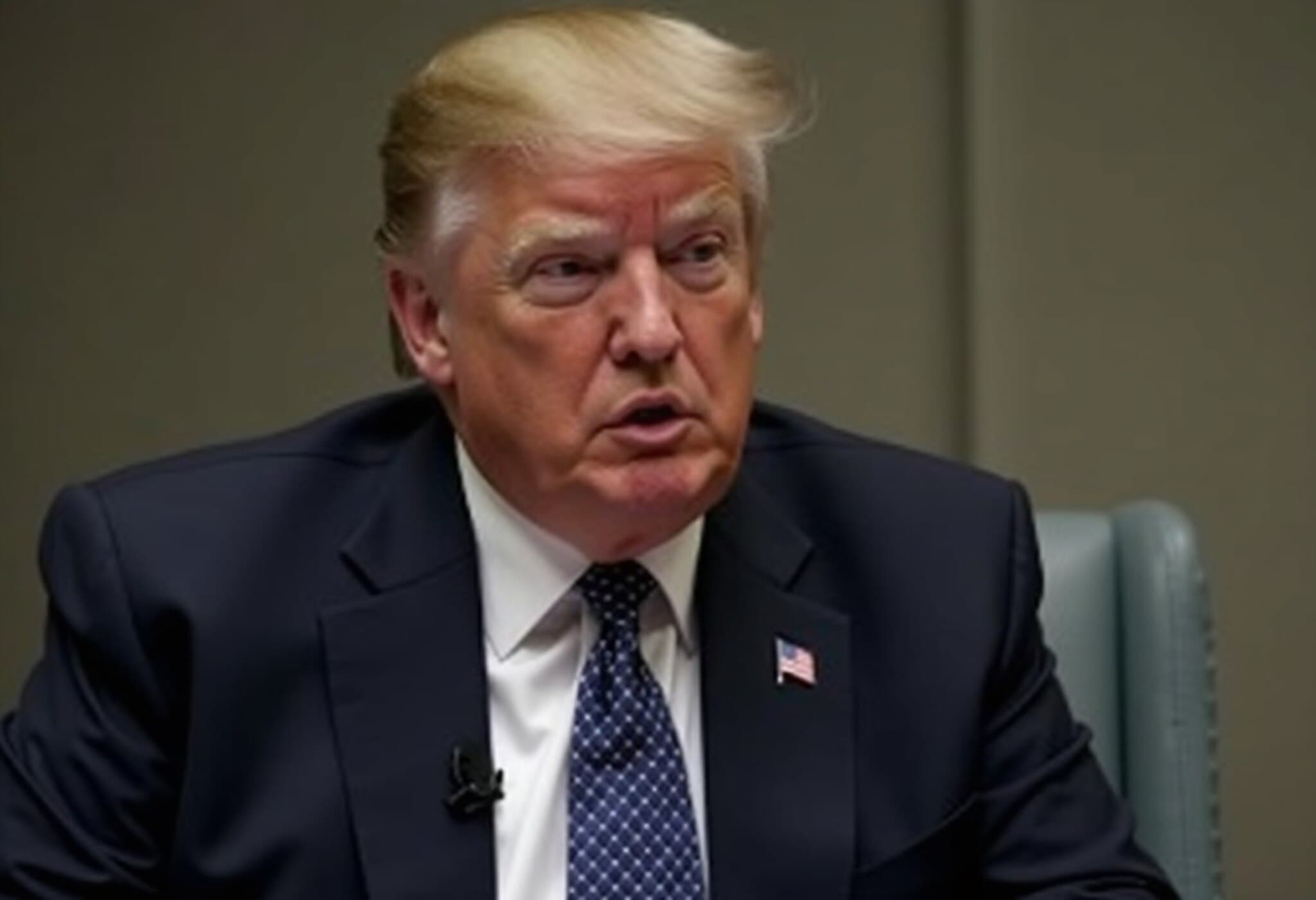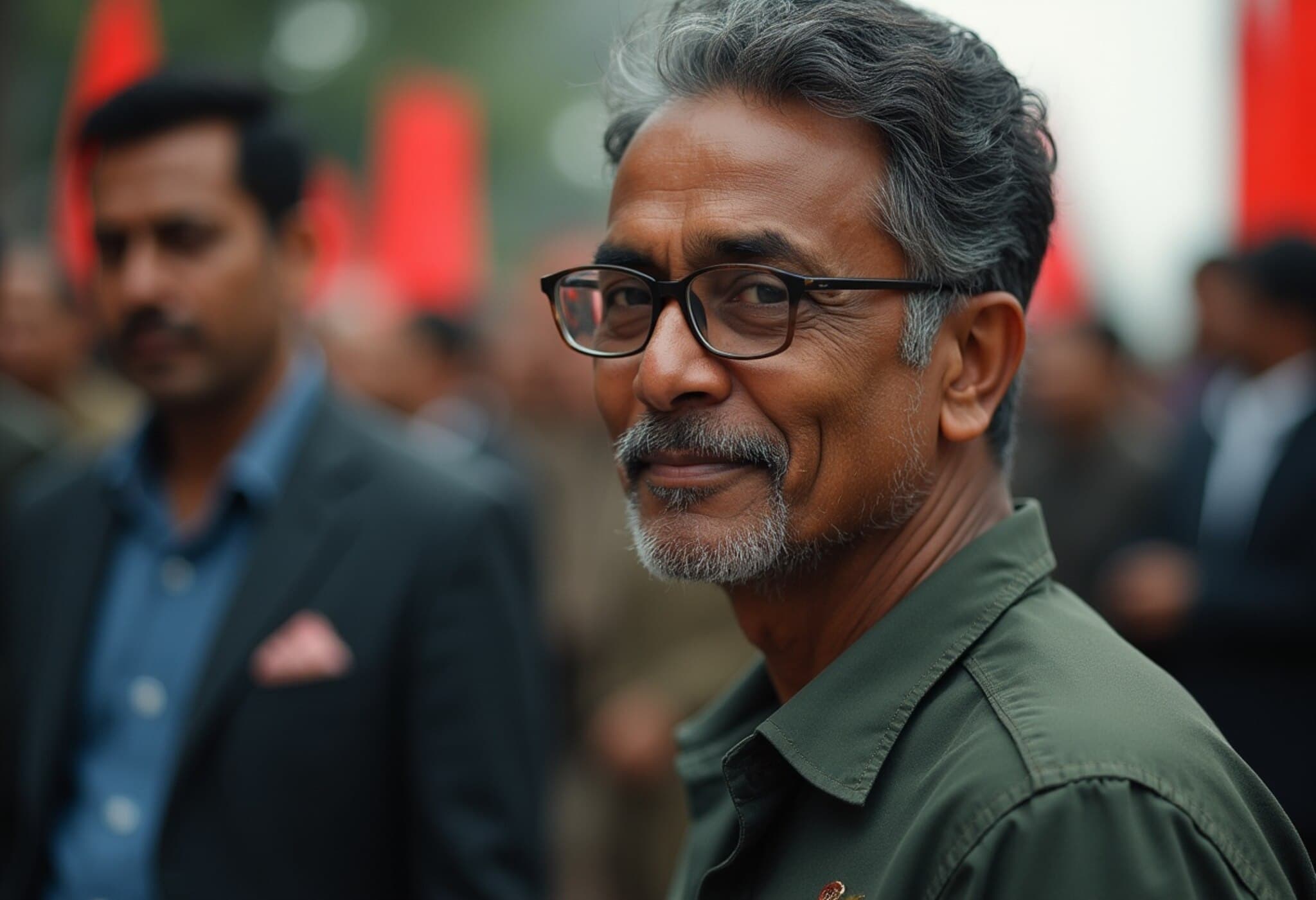Trump Announces New Sanctions on Russia Amid Witkoff’s Upcoming Moscow Visit
On August 1, 2025, former US President Donald Trump revealed plans for fresh sanctions against Russia while simultaneously announcing that his Middle East envoy, Steve Witkoff, is set to travel to Moscow in the coming days. Speaking to reporters at the White House, Trump expressed strong condemnation of Russia’s ongoing military actions in Ukraine, labeling them as "disgusting," yet remained skeptical about the efficacy of new sanctions in altering Russian President Vladimir Putin’s strategy.
Witkoff’s Diplomatic Mission: From the Middle East to Moscow
Trump disclosed that Witkoff’s visit to Russia will soon follow his current engagements in the Middle East—specifically Israel—where he has been meeting officials to discuss the escalating conflict in Gaza. ‘‘He’s going to Russia, believe it or not,’’ Trump stated when questioned about Witkoff’s itinerary. This marks a critical moment as US diplomatic efforts attempt to navigate multiple complex hotspots that intersect geopolitical fault lines.
Sanctions: A Question of Impact on Putin’s Calculus
While reaffirming the US position on Russia’s aggression, Trump voiced caution about the potential impact of sanctions. ‘‘We’re gonna put sanctions, I don’t know that sanctions bother him [Putin],’’ he remarked candidly. Drawing on his personal experience with tariffs and economic penalties, Trump emphasized the limitation of sanctions as a tool, "I know better than anybody about sanctions and tariffs... I don’t know if that has any effect, but we’re going to do it." This insight opens a critical debate on the real leverage economic sanctions hold in curbing autocratic aggression.
Contextualizing the Diplomacy and Sanctions Dynamics
- Witkoff’s last visit to Russia was in April 2025, where talks with Putin yielded no significant breakthrough on ending the Ukraine conflict.
- Since then, the war has escalated with increasing missile strikes and dwindling hopes for peace.
- The US has recently imposed 25% sanctions on Indian imports due to New Delhi’s ongoing oil purchases from Russia, signaling a hardening stance against any indirect support to Moscow.
- China has also been warned by the US regarding its trade ties with Russia, though Beijing critiques Washington’s own continued commerce with Moscow.
Expert Analysis: The Nuance Behind Sanction Effectiveness
Experts highlight that sanctions serve as a double-edged sword. While intended to coerce political change, they often falter against determined regimes prepared to withstand economic pain. In Russia’s case, abundant natural resources and alternative allies complicate Washington’s leverage.
Furthermore, Witkoff’s dual-region engagement underscores a multi-front US diplomatic strategy that navigates intertwining conflicts—the war in Ukraine and tensions in the Middle East—where stability in one region often impacts dynamics in another.
Why This Matters: Broader Implications for US Foreign Policy
This development raises pressing questions about the future trajectory of US sanctions policy and diplomatic efforts in an era where traditional tools show limitations. It also reflects the ongoing challenges the United States faces in countering aggressive acts while managing complex international relationships with countries like India and China.
Moreover, Trump’s tone—oscillating between condemnation and pragmatic skepticism—mirrors a broader debate within US political circles about the best path forward in engaging with Russia and global hotspots.
In Summary
- Trump announces new sanctions on Russia amid Witkoff’s upcoming Moscow visit.
- The conflict in Ukraine continues to escalate despite diplomatic attempts to de-escalate tensions.
- The effectiveness of sanctions remains uncertain, highlighting the complexity of geopolitical strategy.
- US relations with India and China are intricately linked to this broader Russia policy.
Editor’s Note:
As the world watches the unfolding Russo-Ukrainian war, the US faces difficult choices about how to apply pressure effectively without unintended geopolitical fallout. The announced visit by Steve Witkoff to Moscow indicates a nuanced approach—combining diplomatic engagement with economic measures. Readers should consider how interconnected global conflicts demand multifaceted strategies and whether sanctions alone can bring about meaningful change in an era of resilient authoritarian states.

